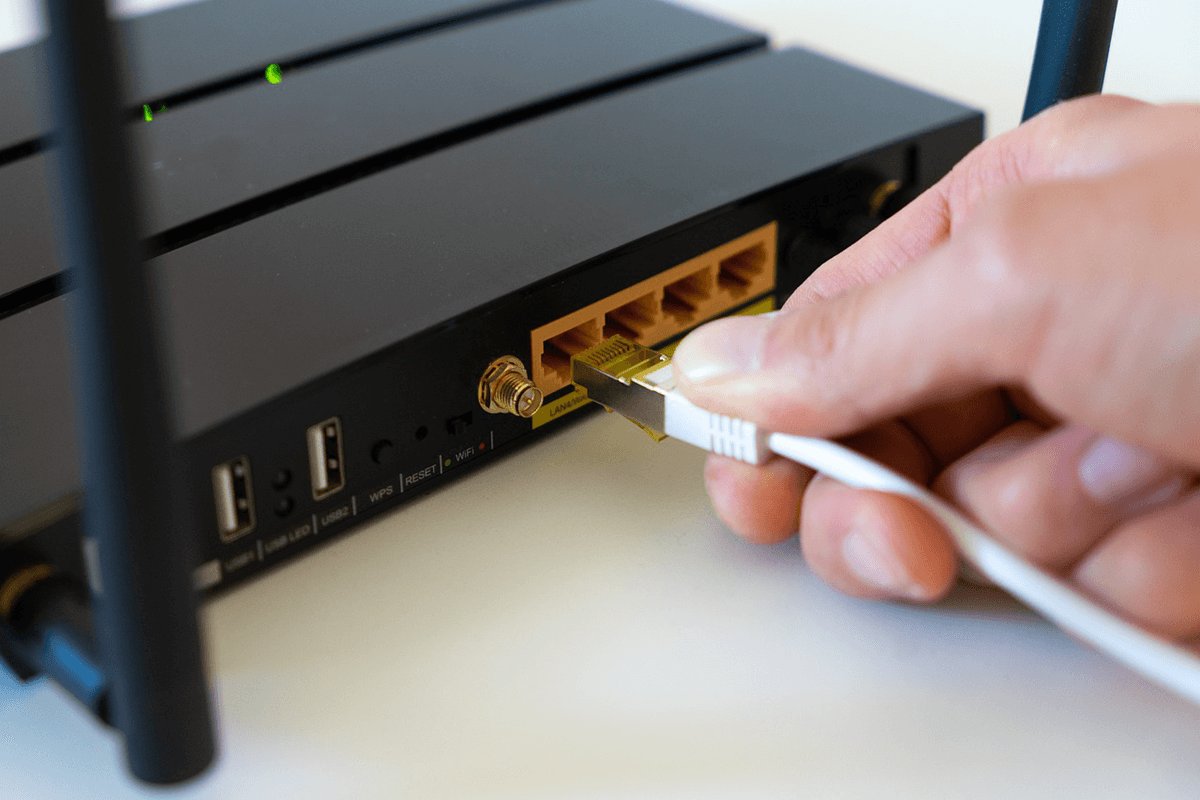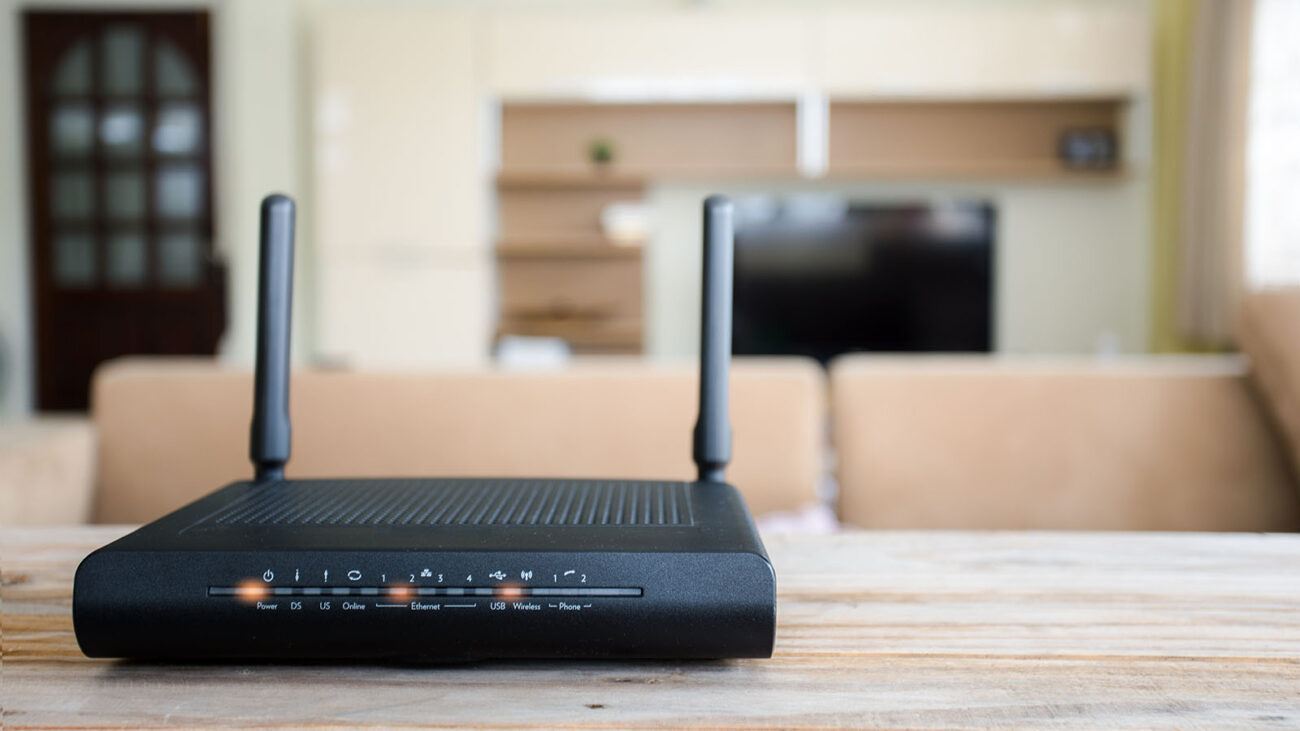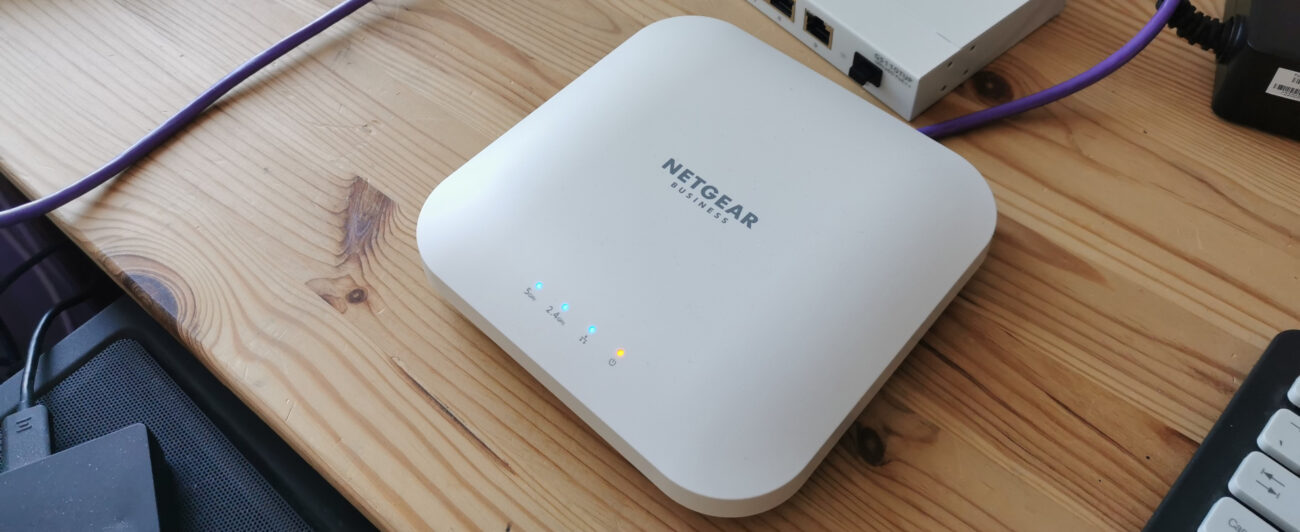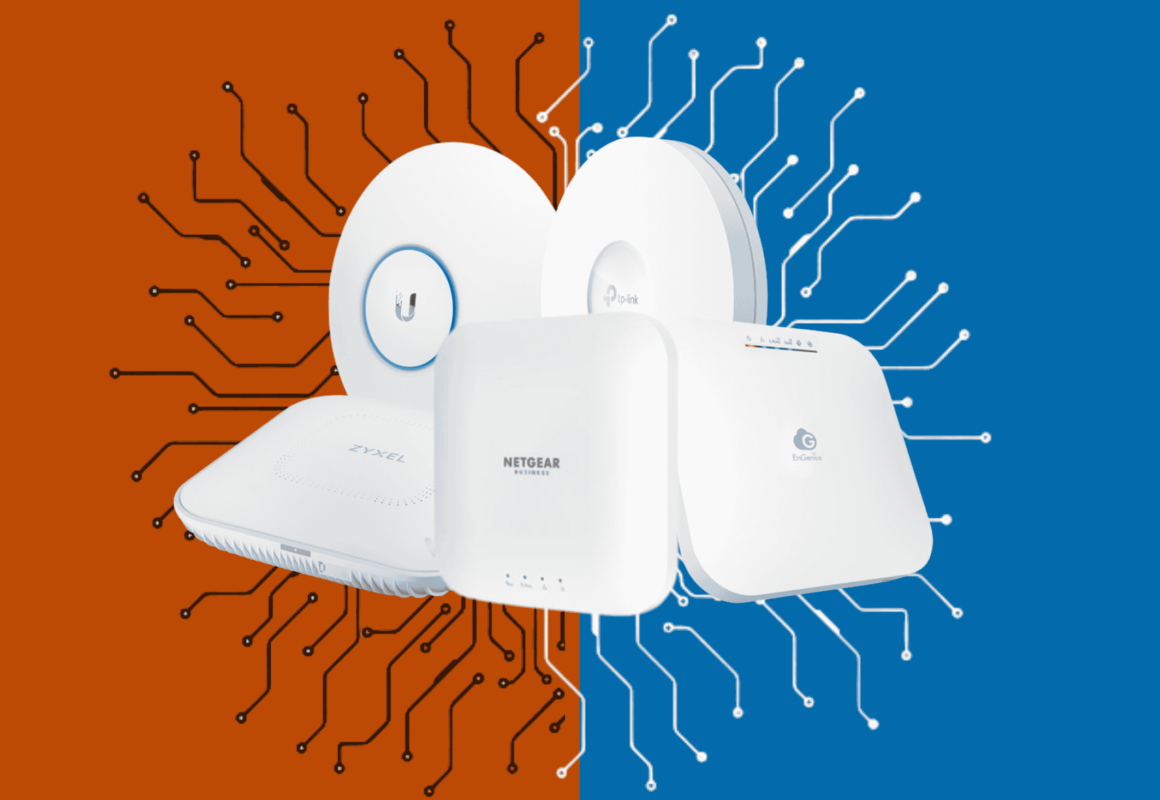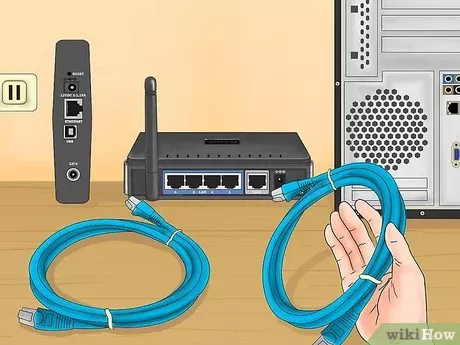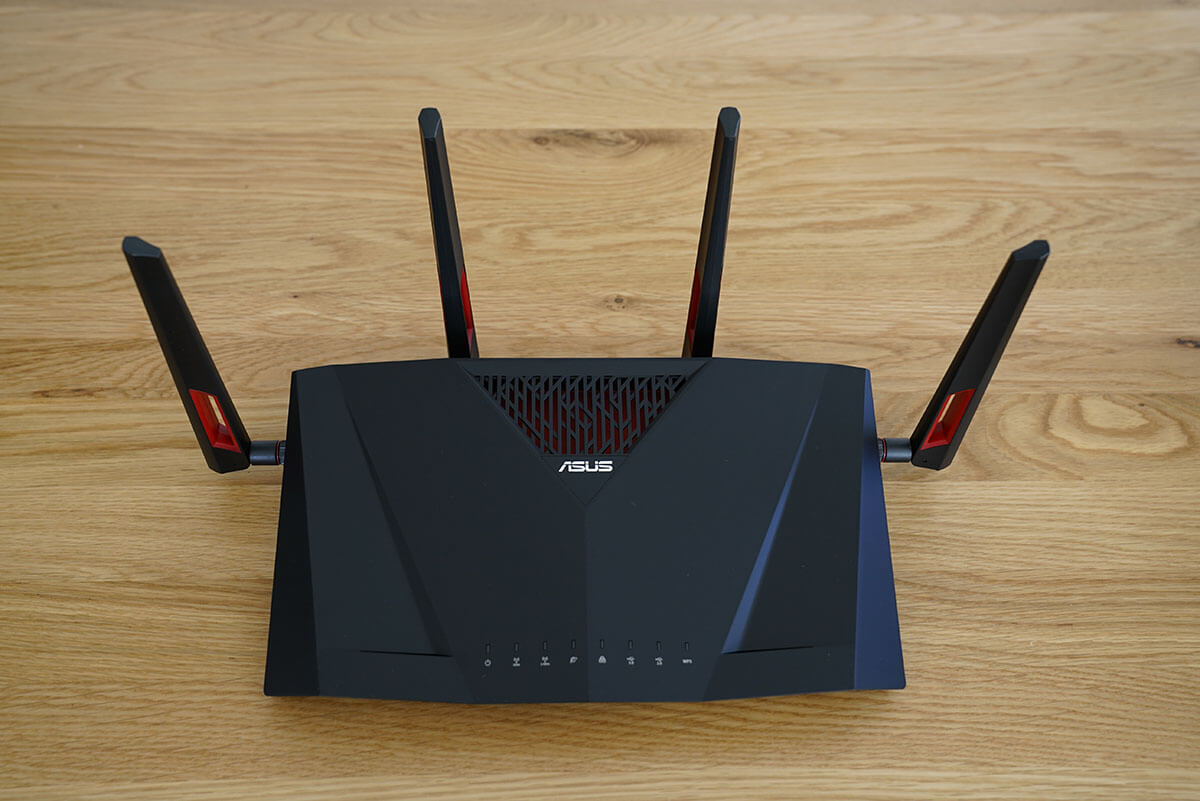Wireless (Wi-Fi) vs Cable (Ethernet): Advantages and Disadvantages.
It is undeniable that nowadays we access the Internet much more through the various wireless network services available than through the traditional and reliable Ethernet cable. It’s the laptop via Wi-Fi, the smartphone via Wi-Fi or 4G/5G networks, etc… All these are cases that make sense, a wireless mobile device can and should connect whenever possible to a wireless network. !
However, I have a lot of good people who ask me for builds to build super interesting PCs for work or play, and then they want to put in a wireless network card! This is where I put my hand on my head and ask, “Why do you want to do this to your life? Use cable!”
However, all this raises a question! Given the quality of today’s Internet, what are the advantages and disadvantages of Wi-Fi networks over traditional Ethernet cables?
Wi-Fi vs Ethernet: Advantages and Disadvantages
First of all, to shed some light on the matter for those people who understand less about it, a wireless Internet network shares the same connection remotely, also offering the sharing of files or other resources, such as, for example, one or more printers connected to the network.
Thus, they allow any mobile device (smartphone, laptop, tablet, etc.) to roam the area covered by the network without ever losing Internet connectivity. However, they also have some associated disadvantages, especially compared to wired networks, which not only offer higher speeds, but also more stability, and of course, more security.
But let’s go by parts!
Advantages of a wireless network
- Freedom of movement in the covered area
- Sharing files or other devices connected to the same network without using cables
- ? What is that?
- Ease of network entry
- If you have a cafe or restaurant with an open wireless network, you can boost your business even more
- Virtually unlimited number of users. (depends on the network)
Disadvantages of a wireless network
- Less secure connections, and security vulnerabilities in Wi-Fi networks are a constant danger.
- Speeds in relation to cable are a little short
- Signal quality may drop depending on the obstacles in your home or office (walls, furniture, doors, etc…)
- Poor signal quality depends on the distance to the access point.
- Less connection stability
- Having a quality wireless network is much more expensive than connecting a simple cable to the router.
Conclusion
In short, if you just happen to do some productivity work, or you want to make light consumption of multimedia content and you can be close to the access point, a wireless connection makes perfect sense.
However, if you need to use the network strong and ugly, when doing heavy downloads, connecting to external servers, or want to play games with less lag… For God’s sake use an ethernet cable! Do you have to drill holes in the wall? I don’t care, it’s worth it! Especially if we’re talking about a Desktop PC that will never leave the site.


